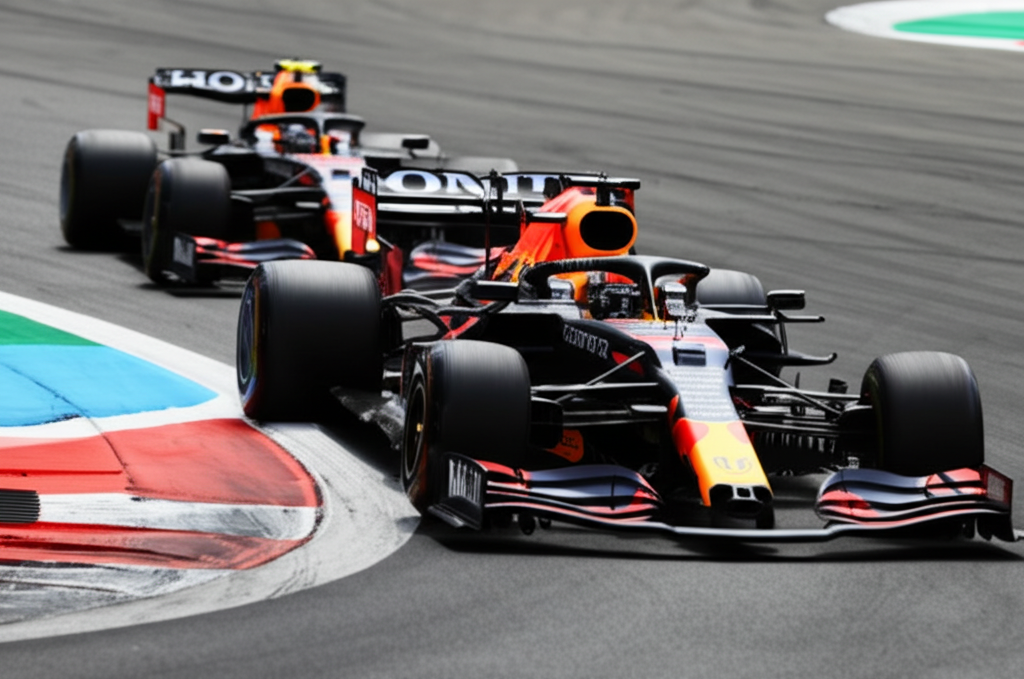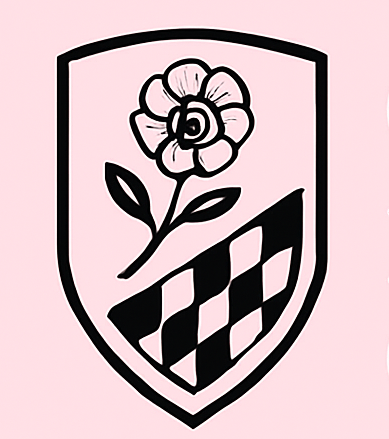
DRS, ERS & Overtaking: F1's High-Tech Drama Tools
The technology that creates those edge-of-your-seat overtaking moments in Formula 1
Overtaking in F1 is no easy feat — it's a mix of speed, timing, and clever tech. Here's your cheat sheet to understanding the tools drivers use to pass like pros.
DRS: Drag Reduction System
Think of DRS as a turbo button. It opens a flap on the rear wing, reducing drag and letting the car go faster — but only in designated zones and if you're within 1 second of the car ahead.
- When You See It: You'll notice the rear wing open on straights
- Why It Matters: It creates overtaking chances, especially on tracks where passing is hard

ERS: Energy Recovery System
ERS is your inner battery pack. It stores energy generated during braking (called MGU-K) and heat from the engine (MGU-H). Drivers can deploy it in short bursts for extra power — like red-lipping your look before walking into a party.
- Boost Mode: Can add ~160 extra horsepower for a few seconds
- Strategic Use: Perfect for overtakes or defending positions
Overtaking Zones
Not every corner is overtake-friendly. DRS zones, tight braking points, and high-speed straights are the main overtaking spots. But some drivers (👀 Max, Charles, Lewis) can make magic happen anywhere.
Why You Should Care
These features are what turn races from processions into high-drama episodes. One DRS pass or ERS boost can flip the race on its head.
So next time someone says "it's just cars going in circles," you can say: "Actually, it's science, timing, and guts — with a touch of tech glam."
